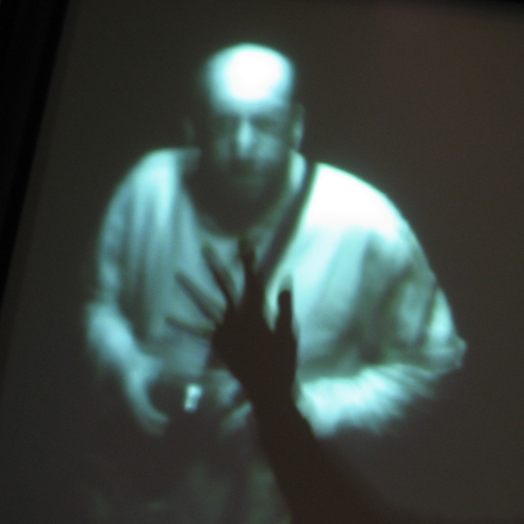War, War, War

I.
Since the beginning of the current war, I had been wanting to give a listen to one of my favorite LP’s from the 70’s, War, War, War by Country Joe McDonald. Seems strange to call an album about war a favorite, but in terms of artistic merit, contemplatve lyrics, and a few catchy tunes as well, it is certainly a standout acheivement. Somewhere along the way I did put on the LP and found it just as startlingly real and relevant as it was when it was released. The LP is actually an adaptation of the poems of Robert W. Service from the collection Rhymes of a Red Cross Man originally published in 1916.
After listening to the LP I wanted to refer back to it more often, but listening to LP’s these days is logistically challenging, it is not available on CD, and I just never found time or focus to transfer the LP to CD - until this weekend.
Repeated recent listenings have deepend my thoughts on the subject and broadened my scope to other artists and songs or collections about war. I took notice of the relative absence of such songs in present times as opposed to the other war eras, due likely to the reduced participation requirements of the current population. I remembered too, in the early days of my childhood, my mother singing WW I & II songs, one lyric stands out - We're on our way to Heligoland to get the Kaiser's goat. While putting together a brief list of memorable war songs present and past, I also realized that war songs can be divided into several distinct categories.
The first category comes straight from the source - songs created FOR war. These would include marches, charges, cadence songs , soldier work or ‘spirit’ songs such as Yankee Doodle.
The second category - reportage. Songs dealing with a mostly straight descriptive or narrative presentation by an observer or participant of a event, situation or condition of war. You may remember a song from the sixties The Bismark, by Johnny Horton
The third category is farcical or songs employing humor. Those songs perhaps using black humor or outright farce to redirect the reality and horror of the state of war. Two that come to mind are Fixin’ to Die Rag by Country Joe and the Fish, and Draft Dodger Rag by Phil Ochs.
The fourth category I would describe as autobiographical. Usually a more serious and personal look at any one or group of soldiers stating their observations, feelings, reactions, and the effects of their personal experiences, sometimes taking the form of letters.
The last two song categories are either pro - celebratory in nature such as Ballad of the Green Beret, Sgt. Barry Sadler, or protest - anti war in sentiment like I Ani't Marchin' Any More by Phil Ochs.
Of course a songwriter might incorporate any number of these themes in a single song Snoopy and the Red Baron comes to mind, or even Please Mr. Custer.
And, so it happens in my world. A simple thought on our current situation and a musical need or curiosity leads to a more in depth study of a musical genre and a few emotional and educational surprises come along the way - that's how I learned to learn. When recently asked on 60 Minutes what music meant to him Bruce Springsteen said that when he was young music informed him, I didn’t know how to do it myself until music came along and opened me up not just to the world of music but to the world period, you know, to the events of the day. To the connection between culture and society and those were things that riveted me, engaged me in life,” Springsteen says. “Gave me a sense of purpose.
And so it was with me, in many ways music has been my Cliff Notes to life.
I will continue in Part II with some observations of particularly eloquent War songs contributed by artists from my generation.
Today's History/Geography lesson. Thanks, Mom.
Helgoland or Heligoland , island (1994 pop. 1,730), c.150 acres (60 hectares), Schleswig-Holstein, NW Germany, in the North Sea. Formed of red sandstone, it rises to c.200 ft (60 m) above the sea and is largely covered with grazing land. Strategically located near the mouths of the Weser and the Elbe rivers, Helgoland was captured by the Danes in 1714, was occupied by the English in 1807, and was formally ceded to England by Denmark in 1814. In exchange for rights in Africa, England gave the island to Germany in 1890. The Germans installed fortifications, which were razed after World War I according to the terms of the Treaty of Versailles. However, Germany refortified Helgoland in 1936 and used it as a naval base in World War II.
...and the song goes -
We're on our way to Heligoland
To get the Kaiser's goat.
In a good old Yankee boat
Up the Kiel cannal we'll float.
I'm a son of a gun to meet a Hun,
We'll make them understand,
We'll knock the Heligo--
Into Heligo--
Out of Heligoland.
Labels: Music

